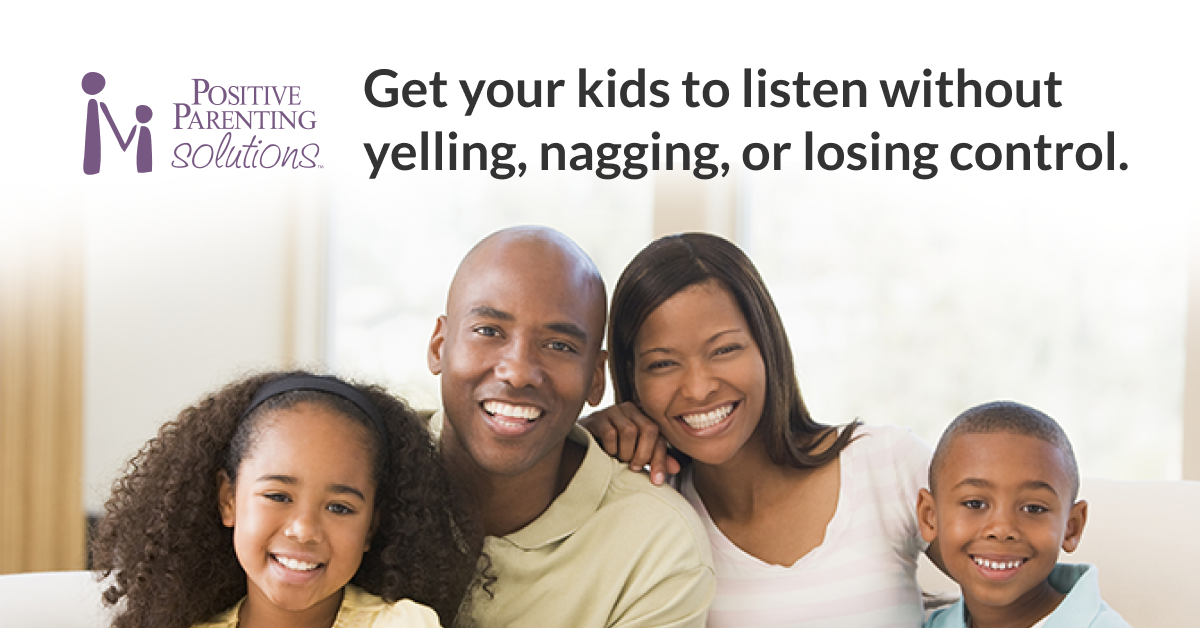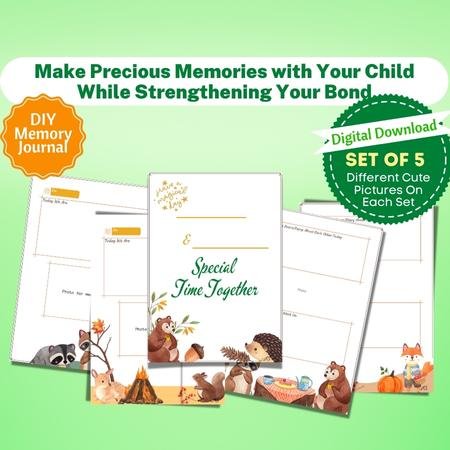What Happens When Parents Spend More Quality Time With Children
When parents spend quality time with their children, they have an opportunity to share the human values of respect, trust, affection, positivity, and the importance of having good relationships.
Children, in turn, will embrace and live these values and then pass them off as inheritance to the next generation.
When parents make time to spend quality time with their children, they are essentially making time to raise good human beings.
Why Should I Spend More Quality Time With My Children?
Parents are indeed busier than ever. Earning a good living and a better lifestyle has become more time-dependent.
However, parenting comes with many more responsibilities than just paying bills and taking care of material needs
Parents must spend more quality time with children because Children need to know they are loved.
Why?
Because love is the most important thing children need to thrive mentally and physically, to succeed in life.
Not the latest games or the most expensive toys. Not the most elaborate parties or the cutest clothes.
Those are secondary to the time and love that a child needs from a parent.
When parents spend More quality Time With children, they feel loved.
What Are the Benefits of Spending Quality Time With Kids
When children feel loved, they:
If you Like this post, pint it to Pinterest
Feel safe and secure
When children feel safe, they have less anxiety.
When children feel secure in the knowledge that mom/dad is looking out for them, they explore and try out new things with more confidence.
This helps children have high self-esteem which is so important for long term mental and physical well being
Feel a stronger connection/ a bond towards their parents
Building a strong, loving relationship with your child is not at all about expensive vacations.
Strong relationships can simply be built, through your daily routine.
Actively listening to your child when they are speaking sends a message that you are genuinely interested in what they are saying, doing, or thinking.
Making time for these valuable interactions, even only for a few minutes on a few occasions, each day will help you and your child connect at a deeper level.
Children then trust that they can talk to you about anything without being judged and that you will be there to listen, understand and guide them through tough times.
I assure you that these meaningful interactions are more valuable than an extravagant holiday once a year.
Trust
When children have a respectful, trusting relationship with their parents, they feel confident in their abilities and have high self-esteem.
When children feel good about themselves, they see themselves as deserving of the respect of others and have a healthy sense of their worth.
Have better mental and physical wellbeing
Children tend to be happier and more resilient when they have high self-esteem.
They are less anxious because they can connect better with peers.
Confident children are decisive and have better coping skills. Therefore, they make better decisions regarding their physical well-being. E.g. ask questions regarding their safety.
Signs That You Are Not Spending Enough Quality Time With Your Child.
Anxious/ clingy children-
Children sometimes get anxious or clingy when they feel that they are not getting enough quality time with their parents.
Love and affection are intrinsic to children’s mental and emotional wellbeing.
Children struggle to cope when they feel lonely or neglected over other things.
The fear of losing the parent makes them emotional, anxious, and clingy.
Behaviour problems
When children do not have a positive relationship with their parents, they lack trust and respect for the parents as well.
Constant tantrums, back-talking, anger and not listening are signs that your child craves a connection with you.
Engaging in lots of risky behaviours
Children can go to the extremes of risking their safety if they feel that is the only way to get their attention.
If they can get you to yell at them, then they have your attention for that time.
However, what children are seeking is not your fleeting attention but a connection with you.
Faking illness
Children can fake illnesses such as tummy aches so that they can spend a day at home.
What Can Parents Do To Spend More Quality Time With Their Children- Even When They Are Busy.
Yes, there is a definite change in life once you have children and as they grow, balancing time between work and relationships can become tricky.
Having children means that parents must carve out some time from their day for the children.
However, quality time spent with the children can be rewarding for both the parent and the child.
Let’s see how parents can fit in more quality time everyday, to connect with their children.
Appreciate the morning together
Spend some moments together to appreciate the morning- go out on the veranda to inspect the weather.
Admire the birds, the morning dew, the breeze, the sun…… you get the idea. Take some deep breaths of the morning fresh air.
Make this a special time for you and your child.
Soon, you will find that your child will begin to look forward to this simple exercise each morning.
Go through the morning routine together
Helping young children through their morning routine is common.
Encourage children to be more independent while you are there to support and guide them, will help your child develop their self-esteem.
It is a simple way of helping children understand that you are there if they need you.
Eat Together
Eating breakfast together helps children have some special moments together with you before you both get busy with your day.
Getting your ‘emotional cups’ filled with love and affection is a great way to start the day.
Hugs
Special hugs when saying goodbye leave children with a good feeling.
When children feel good, it reflects in their language and behaviour.
Have a little playtime together
Join in your child’s world.
When your child is busy playing, see if you can join in for a little bit and be part of their world.
Parents can learn a lot about their child’s day-care, friends, and teachers and what their child needs help with just by engaging in casual conversation during the play.
Here is a ‘Special time together’ journal so you can make your time spent together into a special memory.
Download Now and Print as many times as you want
Cook together when you can
Children love helping in the kitchen.
It makes them feel grown-up and that you can trust them with important jobs.
Give them little tasks that they can handle or is simple enough to practice.
This is also a great time to chat about the day and connect.
Note: the kitchen might get a little messy and the food may not be served to perfection, but that proud smile on your child’s face will make up for everything.
Get your child involved in chores around the house
This is another way to help children feel important and engaged.
You can chat together while your child learns basic life skills by watching or helping with simple tasks.
Children will become ‘confidently independent’ as they grow older when they know how to do basic tasks.
Run errands together
I know you must feel like rolling your at me on this one, but hear me out!
Not only does this give you more time together, but children get to learn rules of the society e.g. standing in a line while waiting for a turn and learning coping skills e.g. tiredness, patience.
They learn to respect the reality of life, for example, that shopping must be done if one wants to eat.
Have some outdoor fun
Outdoor play is great for mental and physical well-being.
Simple outdoor activities like going for a walk, bike riding, walking the dog, are great opportunities for you to teach your child about safety and risk-taking, while you are out and about exploring together.
If you can not make time every day, try and do this at least every couple of days.
Work on projects together
Pin this post to Pinterest
I don’t mean a major DIY but you could do that too!
Here are some ideas:-
Build a LEGO castle- something that you can work on together regularly.
Work on a floor puzzle and add some pieces to it each day.
Go out on walks to Collect pebbles to create artwork/ add to the collection.
Paint a mural (on a butcher’s paper)- work together to add more details to it regularly.
Conclusion
Children do demand a lot of your time and patience.
Inviting children to be a part of your world, makes things a lot easier.
It takes away the burden of ‘planning’ to spend quality time with children, which rarely happens when you have a busy life.
You can have great special moments and quality time with your child while living your everyday life.
To make your special moment doing everyday things memorable, document your journey in this ‘special time together’ journal.
There are so many cute moments each day that are worth recording for beautiful memories of all the quality time spent together.
You can download and fill it in, right from your phone or make multiple copies if you wish.











